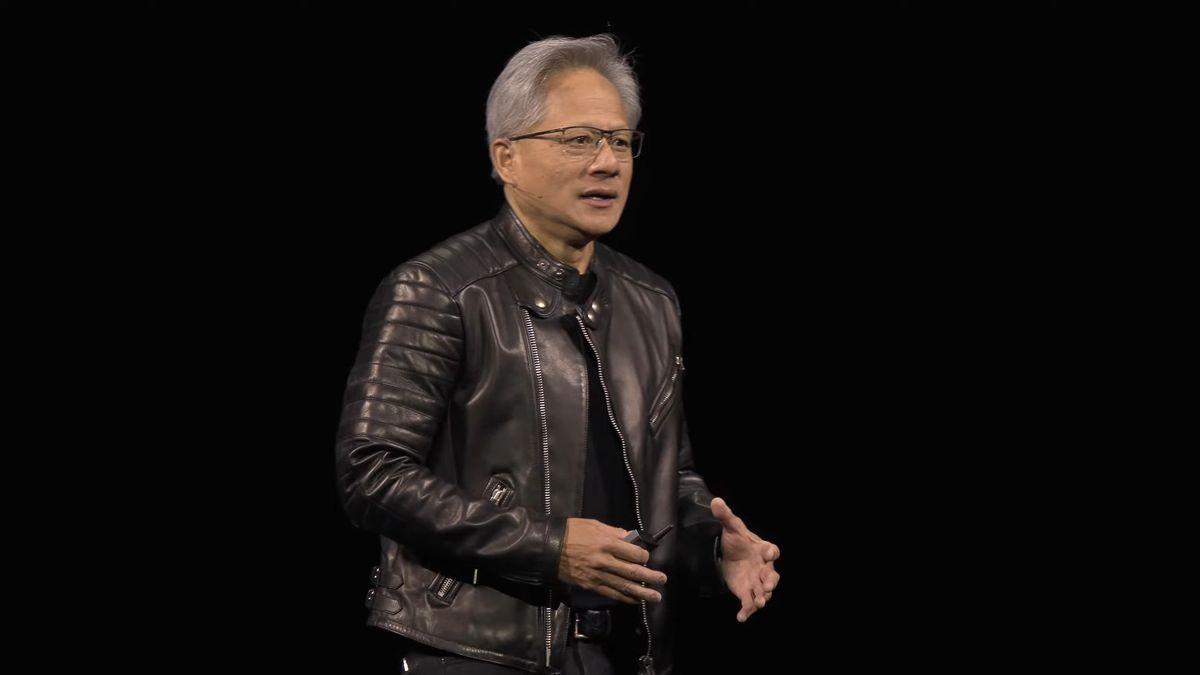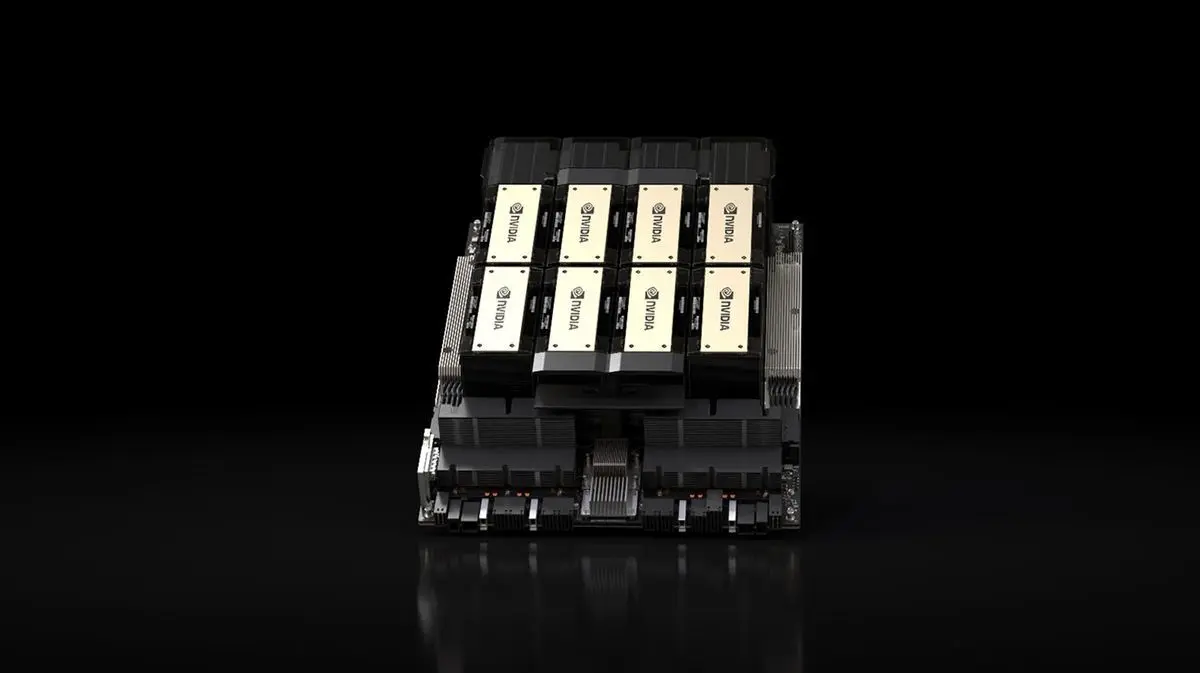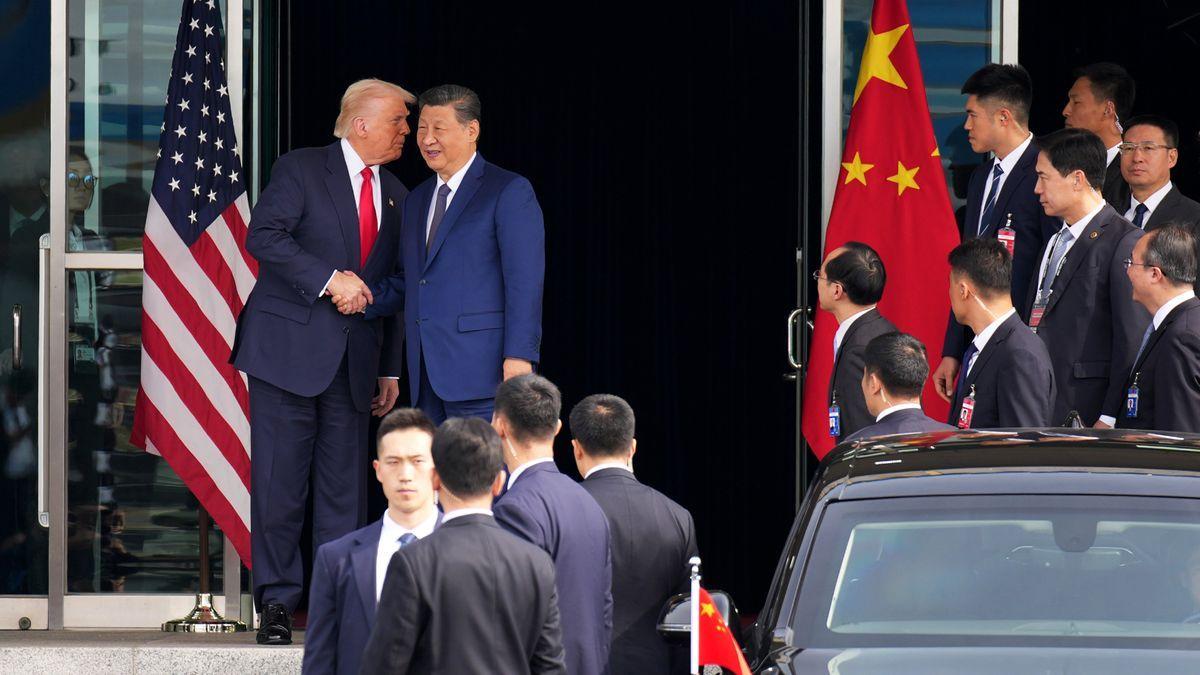Nvidia CEO Jensen Huang Envisions AI-Driven Future, Emphasizes US Manufacturing and Skilled Trades
2 Sources
2 Sources
[1]
NVIDIA's CEO Says the U.S. Can Win The AI Arms Race-But It Needs Trades People as Much as Engineers
Nvidia CEO Jensen Huang views the advent of artificial intelligence as the next Industrial Revolution -- but cautioned that the United States must not grow complacent in the AI race against other countries. "It's really important that we understand that, ultimately, the winners of the last Industrial Revolution wasn't the country that invented it; it was the country that applied it," Huang said, referring to the Great Britain and the U.S. "It's very clear that [AI is] as transformative and impactful as electricity was before-and it's going to revolutionize every industry, so it's an Industrial Revolution." Huang gave those remarks on Wednesday at the Hill & Valley Forum in Washington D.C., a conference that's drawn top tech titans to Capitol Hill to rub shoulders with politicians. Others in attendance included Palantir CEO Alex Karp, Anthropic co-founder Jack Clark, and a bevy of lawmakers. The unveiling of China's DeepSeek at the start of this year jolted the AI sector after seeing how powerful of an AI engine China was able to create so quickly, and on the cheap.
[2]
Nvidia CEO Jensen Huang sees future where robots will manage and manufacture everything in AI factories
At the Hill and Valley Forum in Washington D.C., Nvidia CEO Jensen Huang called on American companies to become "AI factories" -- digitally driven hubs producing both physical goods and artificial intelligence. He emphasised the role of Nvidia chips in these operations and pushed for onshore manufacturing amid rising U.S.-China tensions. Huang backed skilled trades, warned of losing key industries without local production, and highlighted a future where AI powers self-operating tools -- from cars to lawn mowers -- using constantly generated "tokens" and digital twins.American companies must evolve into AI factories -- entities that produce both physical goods and artificial intelligence, said Nvidia CEO Jensen Huang on Wednesday. Speaking at the Hill and Valley Forum in Washington D.C., Huang described these operations as centres that take in data and produce intelligence, powered by Nvidia chips. "Just as we make physical cars today, or anything physical in the future, there'll be a digital version of it," Huang told The Wall Street Journal. "So you need an AI factory to create the AI model that runs in the car." He added, "In the future, every company that builds things will have a factory that builds the things they sell, and then it will have another factory that builds and produces the AI." The idea is that every firm -- whether making cars, mowers or machinery -- will require a parallel digital facility. This AI plant would continuously generate tokens, the basic output of artificial intelligence systems, used to power autonomous functions. "I call them AI factories because it does one thing every single day: It's producing tokens," Huang said. These AI factories, he explained, would blend chips, software, design and networking into one integrated system. "Electricity goes into the factories and tokens come out," Huang said. The tokens, processed using Nvidia's chips, are fundamental to how AI models generate everything from text to video. These outputs will be used not just in software but to run real-world machines. To illustrate, Huang pointed to a future where vehicles, tools, and construction equipment operate on AI. That means companies making moving products would need their own internal AI operations to support autonomous features. "It's very clear that car companies would do so," he said. Huang's remarks come amid tightening U.S. export controls on advanced Nvidia and AMD chips to China. The restrictions -- framed as a national security measure -- have already led Nvidia to warn of a US$5.5 billion financial charge. Huang declined to directly comment on those policies. Instead, he made a broader appeal: "Policymakers need to recognise that we should be accelerating, supporting, and promoting the American AI industry around the world." He is expected to attend a closed-door roundtable on Thursday with the House Foreign Affairs Committee to discuss chip exports and compliance issues, according to people familiar with the matter. Alongside tech innovation, Huang stressed the importance of skilled manual work in the coming data centre construction boom. Jobs in construction, steelwork, information technology and networking would be crucial to build the infrastructure for AI. "Our country needs to acknowledge that trade craft is respectable work, and it's necessary to build a country," he said. Nvidia is now building AI supercomputers entirely within the U.S. for the first time. The company says this is part of its effort to localise manufacturing and reduce reliance on overseas suppliers. "I'm delighted that the administration is really encouraging and supporting the industry with on-shore manufacturing," Huang said. "If we don't get good at manufacturing, we're going to leave behind a giant industry." Looking further ahead, Huang said AI would reshape how companies design and operate physical factories. He introduced the idea of "digital twins" -- virtual replicas of factories that can be tested and optimised in simulation before being built in real life. "Integrate these many magnificent structures completely digitally -- operate it, optimise it, and use it for planning your output completely digitally," he explained. Nvidia already uses digital twins to test its chips, and Huang believes the same approach will be adopted across advanced manufacturing. "The entire factory is software-driven," he said. "The entire factory -- it's a robot orchestrating a whole bunch of robots inside." The Hill and Valley Forum, where Huang spoke, was co-founded by Jacob Helberg, President Trump's nominee for Undersecretary of State for Economic Growth, Energy and the Environment. Helberg is known for his hawkish stance on China and has warned firms to prepare for potential escalation with Beijing. Against this backdrop of geopolitics, Huang's vision for AI-driven, domestically anchored manufacturing holds not just economic promise, but strategic importance.
Share
Share
Copy Link
Nvidia CEO Jensen Huang discusses the future of AI, emphasizing the need for US companies to become "AI factories" and the importance of domestic manufacturing and skilled trades in the AI revolution.

Nvidia CEO Envisions AI-Driven Industrial Revolution
Nvidia CEO Jensen Huang has painted a vivid picture of an AI-driven future, comparing the advent of artificial intelligence to the next Industrial Revolution. Speaking at the Hill & Valley Forum in Washington D.C., Huang emphasized the transformative power of AI and its potential to revolutionize every industry
1
.The Concept of "AI Factories"
Huang introduced the concept of "AI factories," envisioning a future where companies produce both physical goods and artificial intelligence. He explained that these AI factories would continuously generate "tokens," the basic output of AI systems, used to power autonomous functions in various products
2
."Just as we make physical cars today, or anything physical in the future, there'll be a digital version of it," Huang stated. "So you need an AI factory to create the AI model that runs in the car"
2
.The Importance of Domestic Manufacturing
In light of rising U.S.-China tensions and tightening export controls on advanced chips, Huang stressed the importance of onshore manufacturing. He revealed that Nvidia is now building AI supercomputers entirely within the U.S. for the first time, as part of an effort to localize manufacturing and reduce reliance on overseas suppliers
2
.The Role of Skilled Trades in the AI Revolution
Interestingly, Huang emphasized that the AI revolution isn't just about high-tech engineering. He highlighted the crucial role of skilled trades in building the infrastructure for AI:
"Our country needs to acknowledge that trade craft is respectable work, and it's necessary to build a country," Huang said, pointing out the importance of jobs in construction, steelwork, information technology, and networking in the coming data center construction boom
2
.The Concept of Digital Twins
Looking further into the future, Huang introduced the concept of "digital twins" - virtual replicas of factories that can be tested and optimized in simulation before being built in real life. He envisions a future where entire factories are software-driven, with robots orchestrating other robots
2
.Related Stories
The Global AI Race
Huang cautioned that the United States must not grow complacent in the global AI race. He drew parallels to the previous Industrial Revolution, noting that the country that applies the technology most effectively, rather than the one that invents it, often emerges as the winner
1
.This warning comes in the context of recent developments like China's unveiling of DeepSeek, which demonstrated the country's ability to create powerful AI engines quickly and cost-effectively
1
.Policy Implications
Huang's vision for AI-driven, domestically anchored manufacturing holds not just economic promise, but strategic importance in the current geopolitical climate. His upcoming closed-door roundtable with the House Foreign Affairs Committee to discuss chip exports and compliance issues underscores the critical intersection of technology, policy, and national security in the AI era
2
.References
Summarized by
Navi
[1]
Related Stories
Nvidia CEO Jensen Huang Emphasizes Global Cooperation in AI Amid Potential Trump Administration Restrictions
23 Nov 2024•Technology

Nvidia CEO Praises Trump's Policies Amid China Export Challenges
24 May 2025•Business and Economy

Nvidia CEO Urges AI Export Rule Revision Amid Global Competition and China's AI Advancements
01 May 2025•Technology

Recent Highlights
1
Pentagon threatens to cut Anthropic's $200M contract over AI safety restrictions in military ops
Policy and Regulation

2
ByteDance's Seedance 2.0 AI video generator triggers copyright infringement battle with Hollywood
Policy and Regulation

3
OpenAI closes in on $100 billion funding round with $850 billion valuation as spending plans shift
Business and Economy





